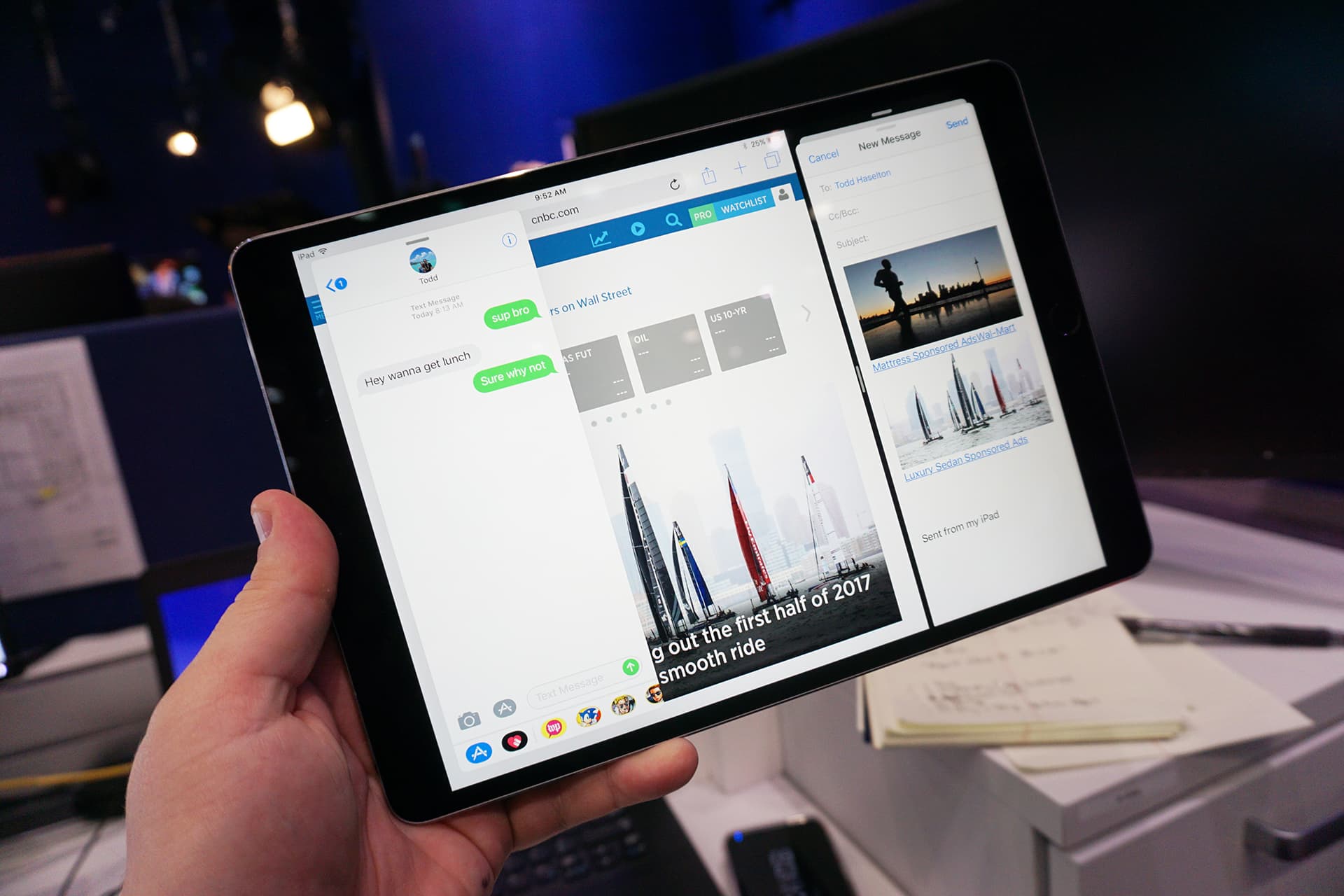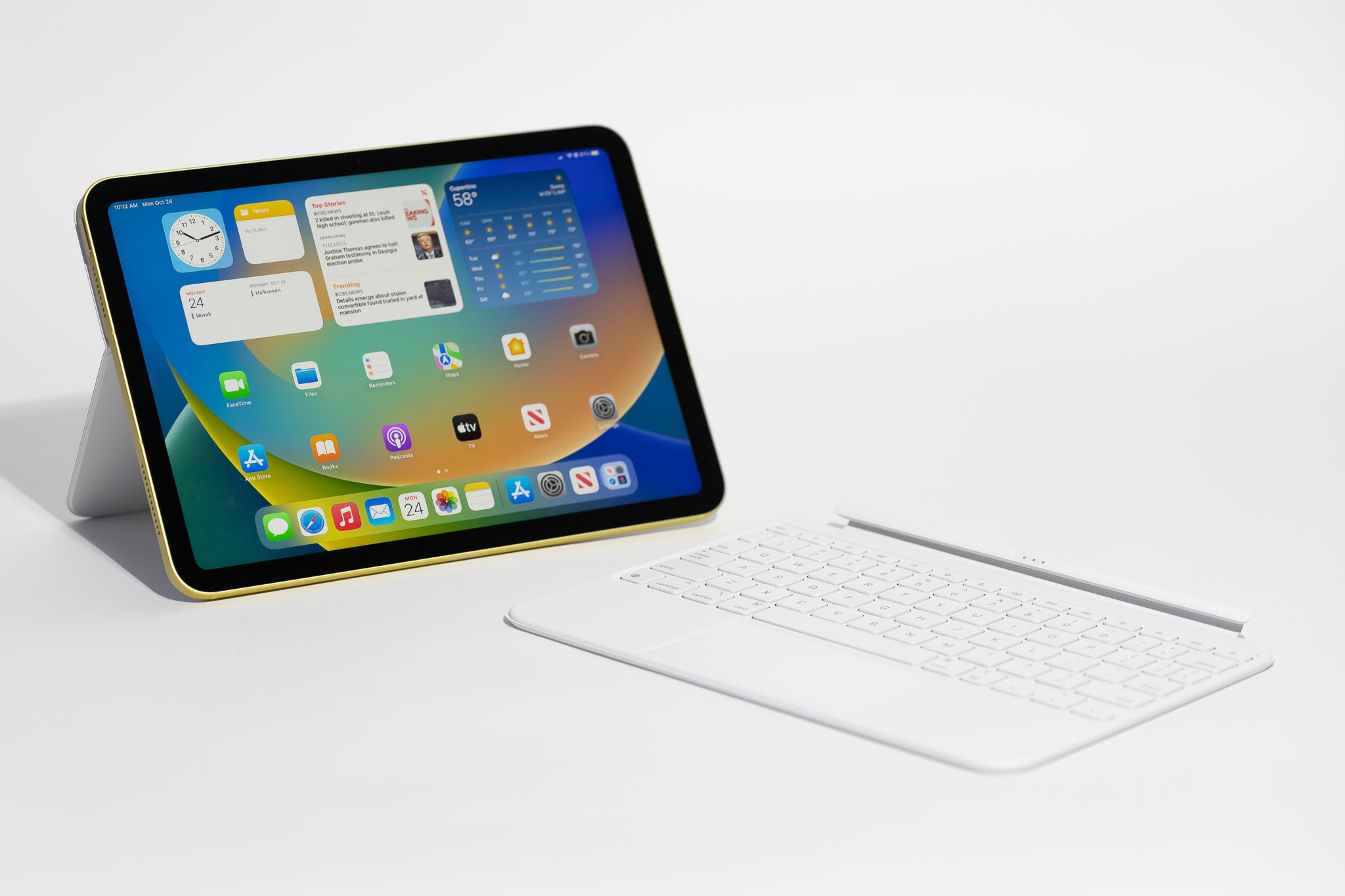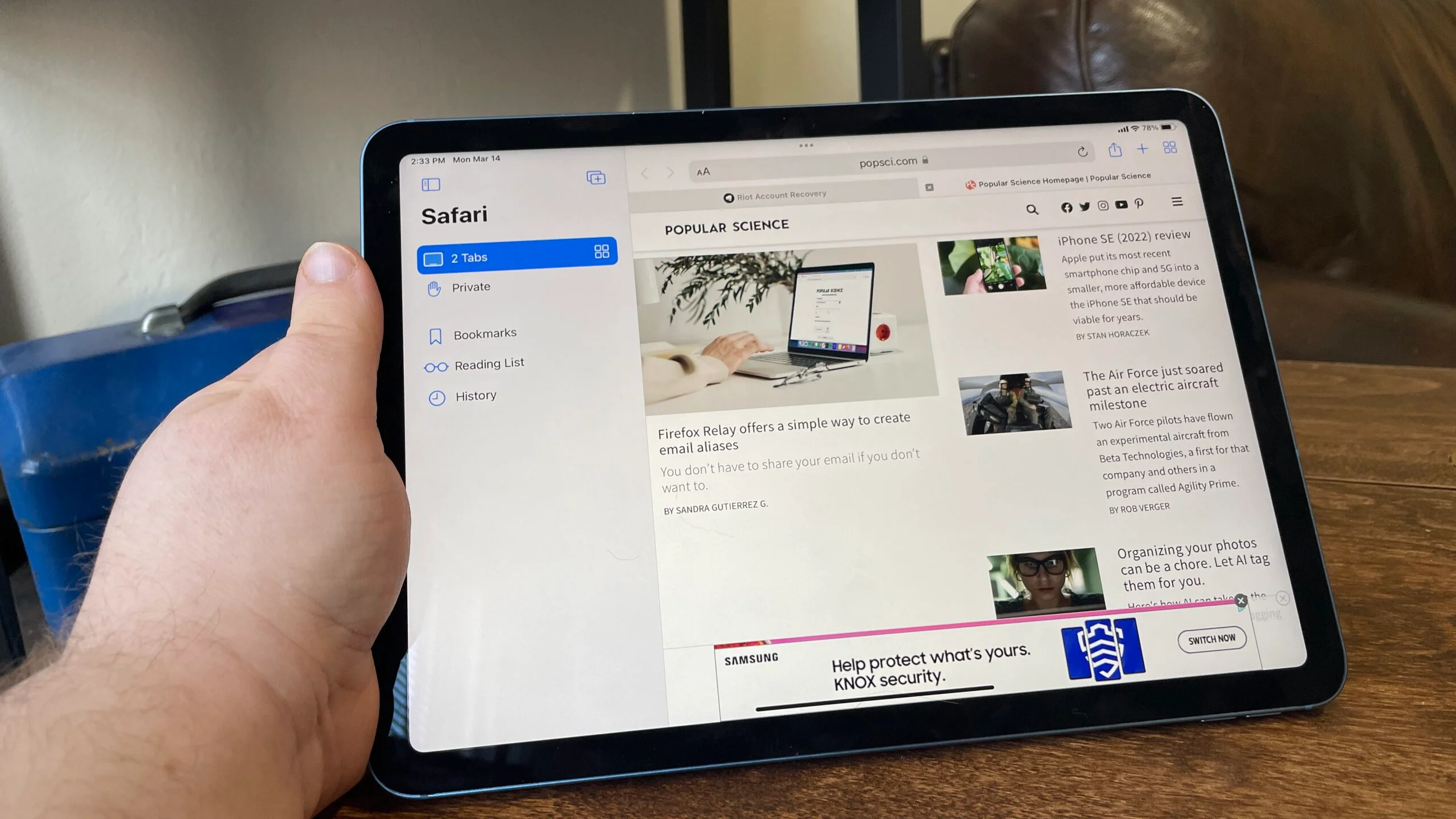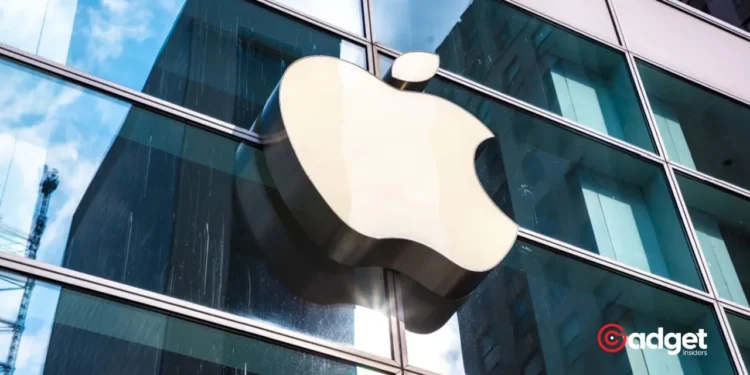In an unprecedented move, the European Union has labeled the iPad operating system, iPadOS, as a “gatekeeper” under the new Digital Markets Act (DMA). This designation, echoing earlier regulations imposed on the iPhone’s iOS, marks a significant shift in how Apple’s devices will operate within the EU, potentially setting a precedent for global software distribution practices.

Why the iPadOS Gatekeeper Status Matters
The EU’s decision to classify iPadOS as a gatekeeper is rooted in a meticulous investigation initiated in September, the same day iOS received its classification.
Despite iPadOS not initially meeting the DMA’s strict quantitative thresholds, the European Commission, led by Executive Vice President Margrethe Vestager, identified it as a critical gateway for business users to reach consumers.
“iPadOS’s designation as a gatekeeper is crucial for ensuring fair competition and innovation in the digital market, especially as its business user numbers have exceeded the quantitative threshold elevenfold,” Vestager remarked.
This strategic action by the European Union is a result of the EU’s overarching objective to destroy monopolistic structures in the technology industry, with the intention of encouraging digital ecosystems that are more open and competitive.
The DMA mandates that platforms like iPadOS, which boast annual revenues exceeding €7.5 billion or a market cap over €75 billion and have substantial user engagement within the EU, must facilitate access to alternative marketplaces.

Implications for Apple and App Developers
With this new classification, Apple is compelled to allow third-party app stores and direct software installations on iPads, a significant departure from its traditionally exclusive App Store model. This change could democratize app distribution, potentially lowering costs for developers and offering users a broader array of software choices.
“Apple now has a six-month window to ensure that iPadOS aligns with DMA regulations. This compliance is not merely a technical adjustment but a substantial shift towards a more inclusive digital marketplace,” stated an EU spokesperson.
The changes are expected to empower both small developers and large corporations, providing them with more direct pathways to reach users.
Apple's iPadOS to reshape under EU's Digital Markets Act demands! What does this mean for users? #Apple #DigitalMarketsActhttps://t.co/E6hB5qzdDJ pic.twitter.com/O1mjAZFFdP
— TZB (@TheZeroByte) April 29, 2024
What This Means for iPad Users in the EU
For consumers, the opening of iPadOS to alternative marketplaces could mean a richer selection of apps and potentially lower prices, as competition among app stores intensifies. This change might also prompt Apple to innovate further, enhancing user experience to maintain its competitive edge.
However, this shift is not without potential challenges. Critics argue that allowing multiple app stores could lead to security risks and a fragmented app ecosystem, which might confuse some users. Apple has previously expressed concerns that sideloading apps could compromise user security and privacy.

Looking Ahead: A Dynamic Future for Digital Markets
As Apple begins to implement these changes, the tech industry and regulatory bodies will be watching closely. The adaptation of iPadOS under the DMA could serve as a litmus test for similar regulations worldwide.
Additionally, with other tech giants like Microsoft and Spotify voicing concerns about Apple’s compliance with the DMA, further investigations and adjustments seem likely.
the EU’s robust stance on digital market competition is reshaping how tech giants operate, heralding a new era of digital innovation and consumer choice.
As iPadOS opens up, the impact will resonate not just within the EU but potentially across the global tech landscape, influencing how digital products and services are developed, marketed, and consumed.










